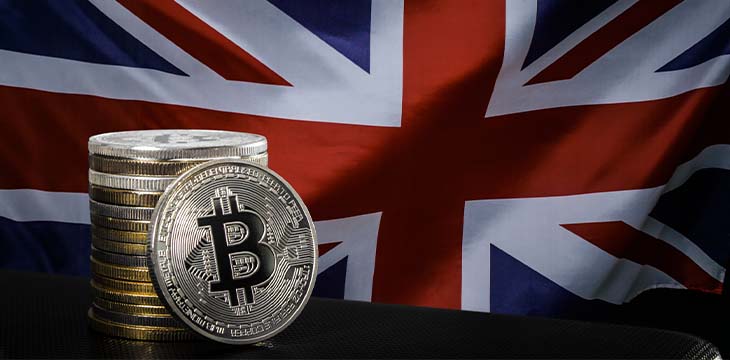|
Getting your Trinity Audio player ready...
|
The Bank of England (BoE) is concerned about the impact of digital currencies on financial stability as adoption skyrockets. In a recent report, the bank said that digital currencies make up a minute percentage of assets in the country, but with adoption soaring, regulation was needed to protect the economy.
The Financial Stability Report looked at what the Financial Policy Committee deems the biggest risk to the U.K.’s financial system and what it was doing to remove or reduce the risks. Aside from digital assets, it addressed the impact of COVID-19 on the economy, the resilience of the country’s banks in the current financial climate, and mortgage measures.
On digital currencies, the central bank believes that they could bring many benefits, including reducing payment frictions and inefficiencies. These benefits, however, can only be realized if accompanied by effective public policies that mitigate risks.
Currently, digital assets don’t pose a major risk to the U.K.’s economy, the bank believes. “However, they will present a number of financial stability risks if they continue to grow at their current rapid pace, and as they become more interconnected with the wider financial system,” it added.
Volatility in digital asset prices is one of the BoE’s most significant concerns. It noted in its report that 95% of the existing digital currencies are unbacked and have no underlying assets. This means they have no intrinsic value and are vulnerable to major price corrections, according to the central bank.
Sir Jon Cunliffe, the deputy governor of the BoE, doubled down on this criticism in an interview following the publishing of the report.
“Their price can vary quite considerably and they could theoretically or practically drop to zero. The point, I think, at which one worries is when it becomes integrated into the financial system, when a big price correction could really affect other markets and affect established financial market players,” the deputy stated in an interview with BBC.
Yet another executive at the bank further tore into digital currencies in a blog post, saying that Bitcoin “isn’t used to price things other than itself.” Thomas Belsham, an employee at the bank’s stakeholder and media engagement division, believes that the 21 million hard cap embedded in Bitcoin could ultimately become its biggest hindrance to adoption.
He believes it’s only a matter of time before the smart investors dump their Bitcoin on the majority.
“Simple game theory tells us that a process of backward induction should, really, at some point, induce the smart money to get out. And were that to happen, investors really should be prepared to lose everything. Eventually,” Belsham said.
In its report, the BoE called for regulations, saying this was the most certain way to ensure investors don’t end up losing all their money.
“Enhanced regulatory and law enforcement frameworks, both domestically and at a global level, are needed to influence developments in these fast-growing markets in order to manage risks, encourage sustainable innovation and to maintain broader trust and integrity in the financial system,” it said.
Watch: CoinGeek New York panel, Future of Digital Asset Trading & Financial Services

 02-19-2026
02-19-2026 




